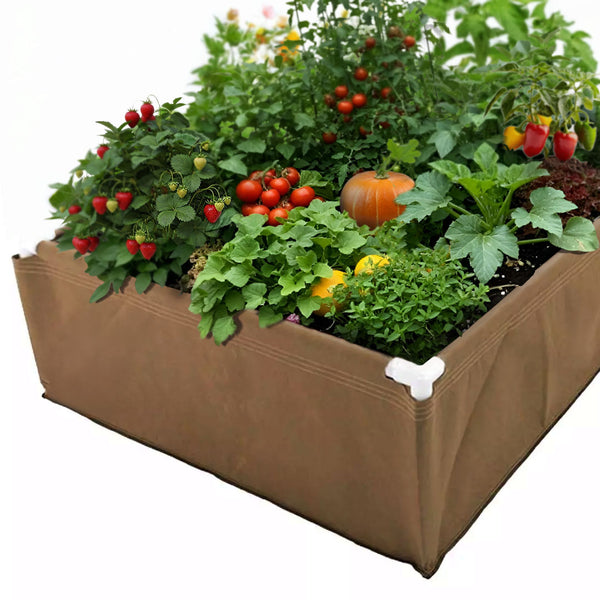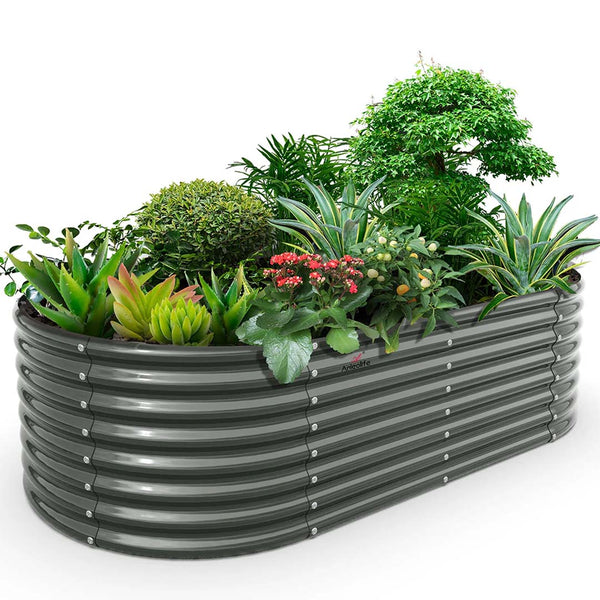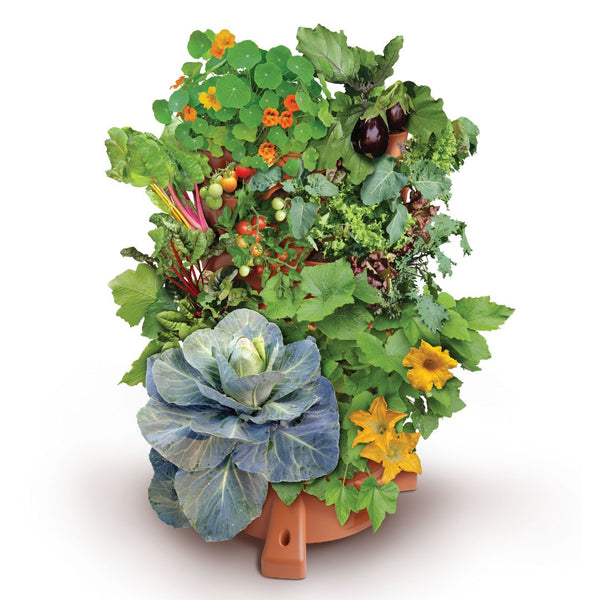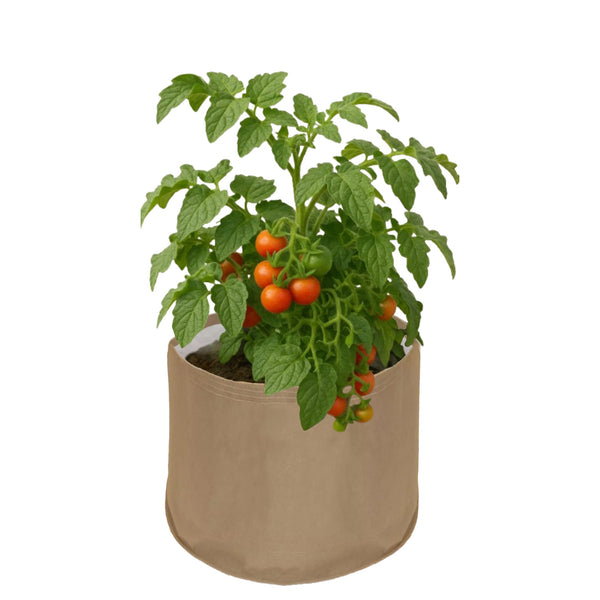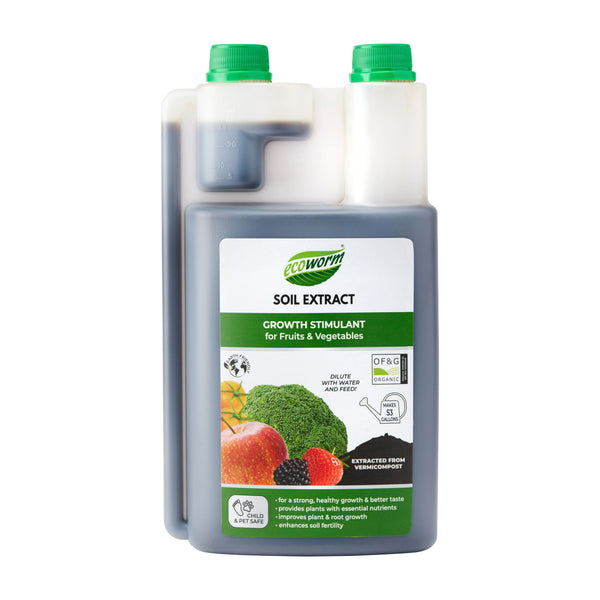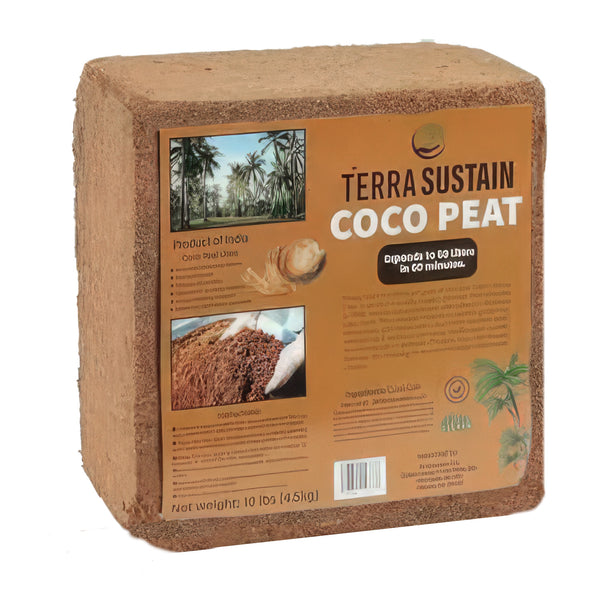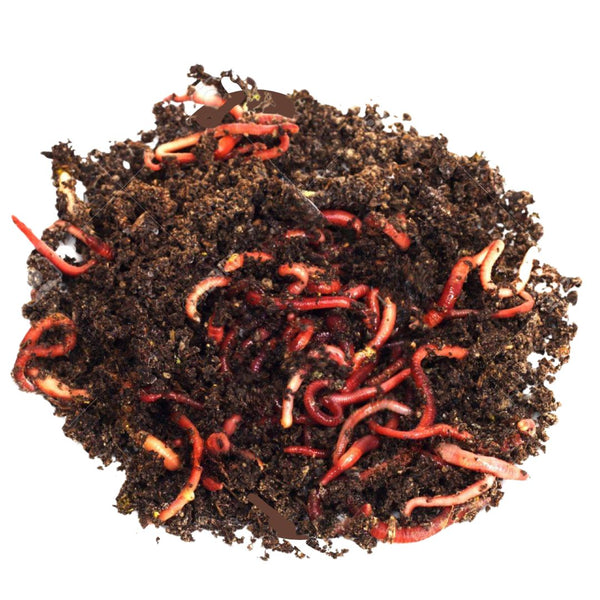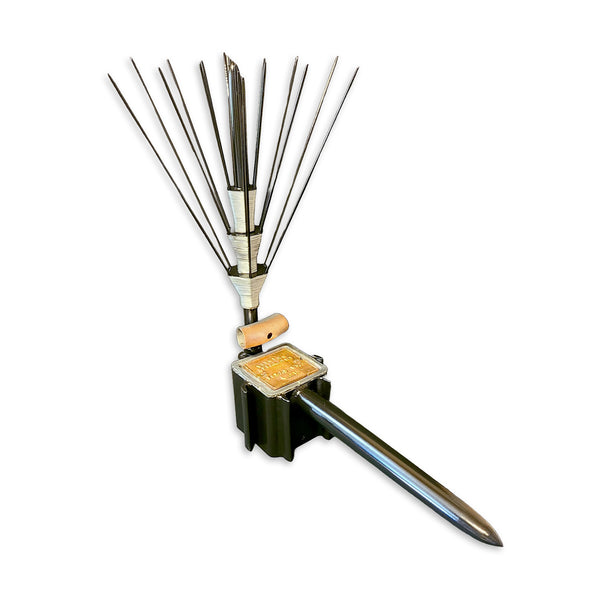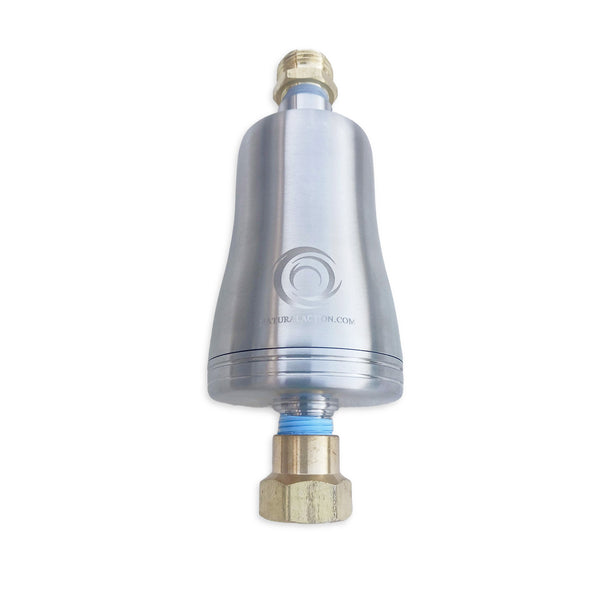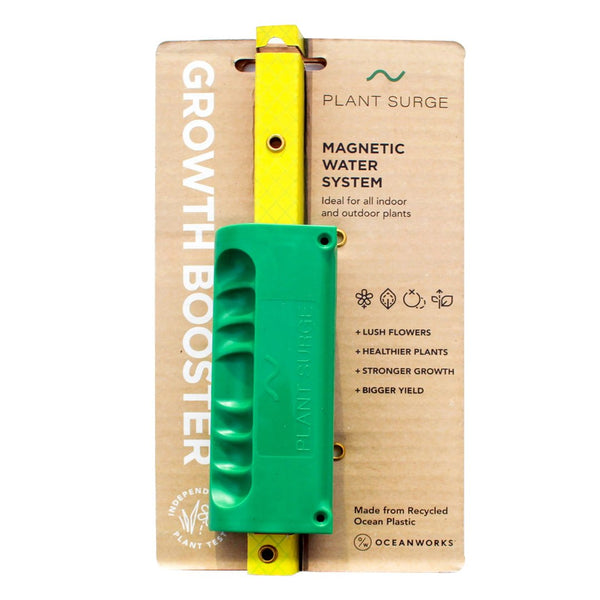The Growth Accelerator: Biochar Plants Grow Faster With Less Water And Fertilizer

Understanding Biochar for Soil Health
Introduction to Biochar
Biochar is basically souped-up plant stuff loaded with carbon, jazzing up soil health and helping crops strut their stuff. This black gold also plays a part in tackling climate change by capturing that pesky carbon dioxide loitering in the atmosphere. Way back in the day, Amazonian folks used biochar, leading to the super fertile "Terra Preta" soils. These rock-solid soils have a crazy good ability to grab onto nutrients compared to their neighbors.
Benefits of Incorporating Biochar
Bringing biochar into our gardens isn’t just a smart move—it’s like gardening on steroids, minus the guilt. Here’s how biochar struts its stuff and gets your garden game going strong:
| Benefit | Description |
|---|---|
| Boosts Nutrient Surprise | Biochar is like the cool friend who always has snacks. It keeps nutrients hanging around in the soil for plants and can even tell heavy metals to chill out (ARS USDA). |
| Raises Water Savings | Think of biochar as a sponge for your soil, soaking up water. Your plants drink slowly and stay happy, cutting down your watering chores in dry times. |
| Slashes Fertilizer Need | With biochar, you can send chemical fertilizers packing. It creates a naturally rich ground where plants thrive, all in line with our organic vibes. |
| Perks Up Soil Strength | The soil gets comfy and airy, working wonders for root growth and plant happiness. Plus, biochar’s a buddy to those tiny soil critters we depend on. |
| Pumps Up Plant Power | Study after study shows biochar giving plants a real boost, making them grow better and even tastier (Source). |
Using biochar is a no-brainer for not just ramping up garden health but also practicing a growing method that works with nature. Keen to dive into using biochar in your patch? Check out our guide on biochar for soil and see your garden take off in a big way.
Activated Biochar Applications
Activated biochar is like a secret weapon in organic gardening, boosting soil health and promoting environmental good vibes. We're diving into how it helps soil and its role in tackling the carbon issue.
Soil Enrichment Properties
This isn't your ordinary chargrilled goodness; biochar's made by burning biomass with hardly any oxygen, leaving behind a carbon-packed miracle worker for your garden dirt. It’s a real star in places like old mining sites where the ground is sour with high acidity. Mixing biochar into the soil tackles nasty metal toxins, raises pH balance, and helps plants grow—even in places that usually seem hopeless for greenery (ARS USDA).
Here’s the 411 on how activated biochar makes your soil happy:
| Biochar Benefit | Description |
|---|---|
| Gives Soil Structure a Makeover | Makes a bunch of tiny pockets that let air and roots roam freely. |
| Boosts Water Holding Skills | Keeps soil damp longer, saving on your water bill. |
| Less Nutrient Loss | Clings onto key nutrients, handing them out to plants as needed. |
| Fosters Microbial Friends | A perfect hangout for good microbes, making soil fertility soar. |
By jazzing up the soil, biochar helps us build a garden that holds its own, stocked with nutrients and buzzing with healthy microscopic life.
Role in Carbon Sequestration
Biochar pitches in big time against climate change. Studies say whipping up biochar might slash around 12% of the world’s annual greenhouse gas emissions, potentially squeezing out 1.8 gigatons of carbon dioxide, methane, and buddies each year using eco-friendly biomass.
Tossing some biochar into our garden antics helps stash carbon in the soil for ages. Its skills at boosting soil—by reshaping structure, tamping down acidity, and heightening moisture retention—come in handy for fixing messed-up and tainted soils.
Using activated biochar not only bumps up our garden yield but also pitches in to fix up the planet. Adopting this green ingredient matches our commitment to earth-friendly farming and chemical-free gardening. If you’re itching to learn more about getting the most from biochar, peek at our write-ups on biochar in the garden and biochar for garden.








